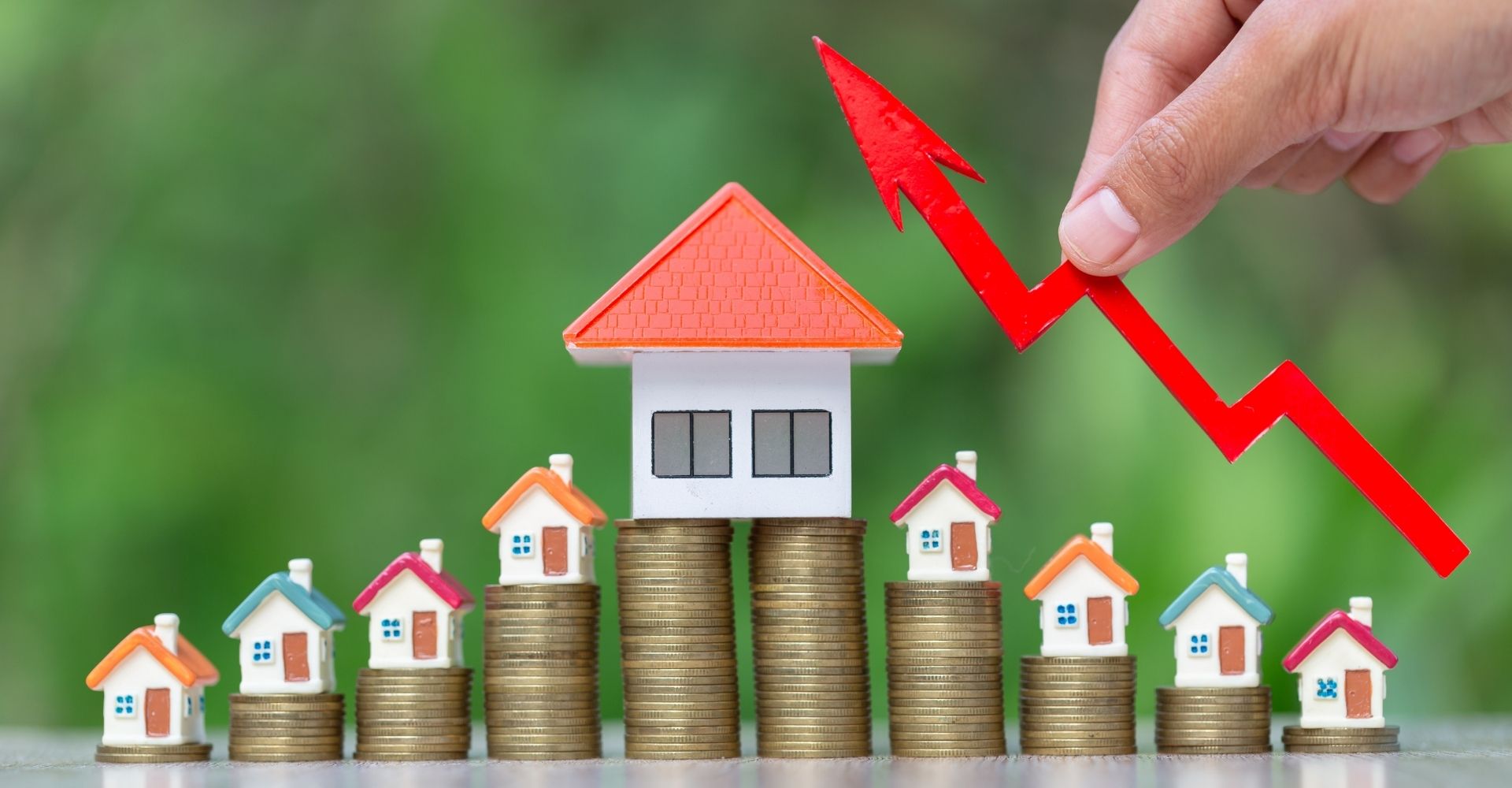To own or to rent — that is the question.
And it’s been on the minds of a lot of people in the last two years.
As housing prices keep increasing, many Americans are wondering if owning a home still makes sense for them.
Is homeownership just a pipe dream now?
Are the advantages of owning a home worth the risk of buying in a hot seller’s market?
Despite the rising costs of buying a home, the benefits of homeownership tend to outweigh the drawbacks over the long term.
In this article, we’ll parse out the long-term financial benefits of homeownership.
Owning a home isn’t for everyone in every situation, so read on for more information to see if buying a home is the right move for you and your family.
If this is your first time buying a home, you’ll want to avoid the most common first-time homebuyer mistakes.
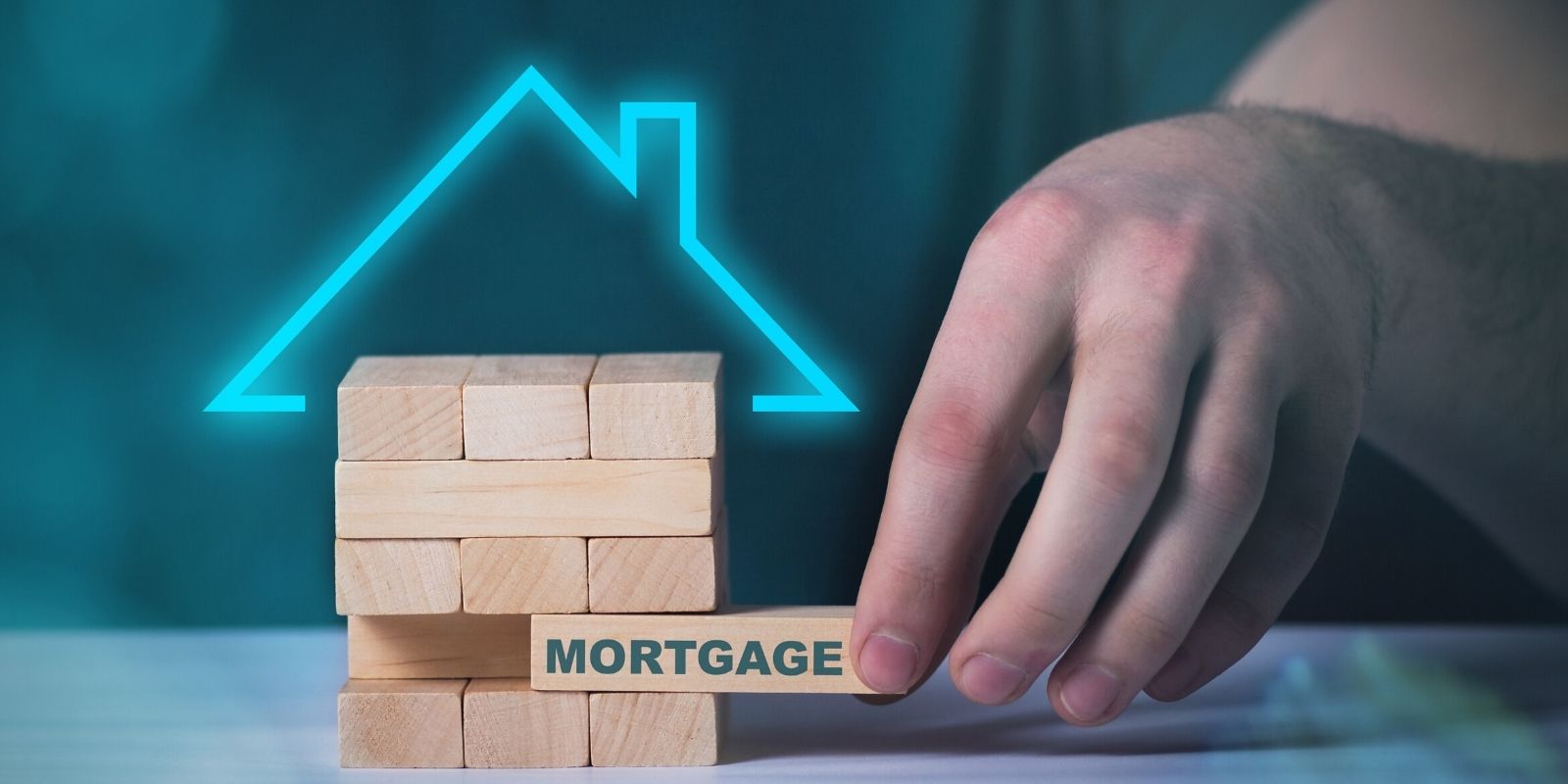
1. More Stable Housing Costs
Owning a home will provide more stable housing costs than renting.
Buying a home comes with additional upfront expenses—inspections, closing costs, and repairs, to name a few.
You’ll have to get pre-qualified for a mortgage.
However, once you’ve locked up your mortgage (assuming it’s a fixed-rate loan), your payment stays the same each month.
It can’t increase with the whims of the market or your landlord.
Knowing your housing costs won’t go up over time makes it a lot easier to budget for your monthly expenses long-term.

2. An Appreciating Investment
Homes and land tend to appreciate (or go up in value) over time.
So every dollar you spend toward your home today is worth more tomorrow.
While the last few years have been outliers with extremely high appreciation rates (around 27%), homes generally appreciate about 3.7% per year.
Assuming that real estate returns to its normal appreciation rate, a home that’s worth $300,000 today will be worth $892,244 after the 30-year mortgage has been paid off.
(And if appreciation rates stay high for the next little while, that’s a big bonus to homeowners.)
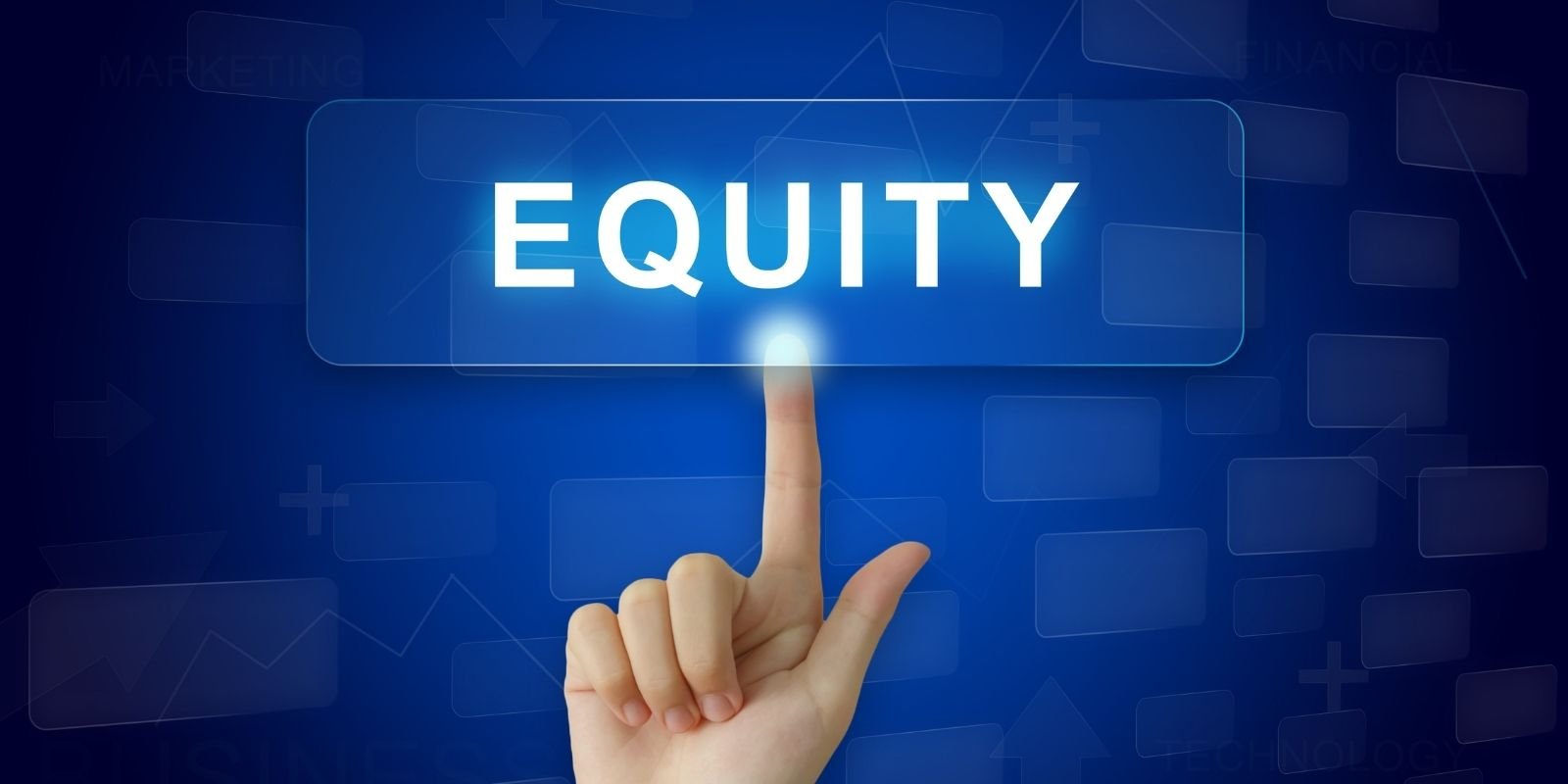
3. An Opportunity to Build Equity
One of the biggest arguments in favor of owning a home is that your monthly mortgage payment goes (at least in part) toward building equity in an asset you own.
To get an idea of how much your mortgage payment will be, we have a free online mortgage payment calculator for you to use.
Your mortgage payment is typically broken into four parts: principal, interest, taxes, and insurance.
The insurance payment goes to the insurance company, the taxes go to the state, the interest goes to the bank, but the principal pays for your home.
Each month, you own a little bit more of the home because you pay back the loan you used to buy it.
The portion of the home that you own is called your equity in the home.
If you’re wondering how much equity you have in your home, you can calculate it like this:
Present Home Value – Outstanding Mortgage Balance = Home Equity
This equation gives you the dollar amount in equity you have.
To get the percentage of equity, use this calculation:
Home Equity ÷ Present Home Value = Percent Equity
When you first buy a home, the only equity you really have is your down payment.
However, your equity will build up with every passing month.
Keep in mind that the gains you make in equity are in addition to the gains you make by the property’s appreciation.
Let’s illustrate this with an example.
Say you put down 20% on a $250,000 home with a 3.5% interest rate.
You have a monthly principal and interest payment of $898 (not including taxes or insurance).
Five years later, you sell the home for $300,000.
After paying off the mortgage balance, you get to keep $120,981!
That dollar figure comes from your down payment ($50,000), the principal portion of your mortgage payments ($20,981), and the property’s value appreciation ($50,000).
If you rented the same property, when you moved out five years later, you’d have no value to take with you.

4. A Source of Ready Cash
Once you’ve built up enough equity in your home, you can borrow against it should the need arise.
This can be a helpful strategic option if you need to remodel your home or pay down higher interest debts, such as credit cards or student loans.
For help finding a lender, we put together a guide for homebuyers on finding a mortgage lender.
Home Equity Loan
In a home equity loan, you borrow against the amount of equity you’ve acquired in your home.
It’s worth noting that the bank won’t let you borrow the full amount of equity; they usually allow you to borrow up to 80% of your home’s value.
Unless you own your home outright, you’ll need to do a little more math to figure out how much you could borrow against your house.
To calculate how much you could borrow in a home equity loan, do the following:
Home Value x Percentage Your Lender Allows You to Borrow = Maximum Equity
Maximum Equity – Outstanding Mortgage Balance = Your Maximum Home Equity Loan Total
While this option can sound like a quick source of cash for just about anything, home equity loans don’t come without risk.
Because your house is used as collateral in the loan, if you do not pay back the loan, you may lose your house.
Home Equity Line of Credit
A home equity line of credit or HELOC (pronounced HE-lock) is very similar to a home equity loan in that you’re borrowing against the equity you’ve built in your home.
The main difference is that a HELOC is a revolving credit account, meaning it works more like a credit card than a loan with fixed monthly payments.
There’s a draw period in which you can take money from your line of credit, usually between 10 and 25 years.
During this time, you can make interest-only payments (with a minimum payment as a floor).
Once the draw period is over, you must pay back the loan.
Like mortgages, HELOCs can come with fixed or variable interest rates.
A HELOC can be handy if you need short-term access to cash to fund things like a college education or hefty home repairs.
Cash-Out Refinance
If your home has appreciated significantly, you can use a cash-out refinance to free up that cash for other purposes without moving out of your house.
With this type of loan, you basically restart your mortgage over again and pocket some of your home equity in the process.
Like a HELOC, the bank usually caps the amount of equity you can take out at around 80% of the home’s value.
You’ll need to pay many of the same closing costs (underwriting fees, appraisal, etc.) as when you took out your first mortgage in a cash-out refinance.
If interest rates have dropped significantly since you took out your original mortgage, a refinance can also reduce your monthly mortgage payment.
Reverse Mortgage
This type of loan is only available to homeowners age 62 or older who own their homes outright (or are close to it).
With a reverse mortgage, instead of you paying the bank for a mortgage each month, the bank pays you a portion of your home’s equity.
You can take this in a monthly payment, lump sum, or both.
The loan is repaid from your estate after you die.
A reverse mortgage can be a helpful option to bolster the available cash for retirees who are on a fixed income.

5. Owning a Home Offers Tax Advantages
Uncle Sam favors homeowners by offering several tax advantages to homeownership that renters lose out on.
These perks don’t make homeownership preferable to renting all by themselves, but they are a nice upside on top of equity and appreciation.
- Mortgage Interest Deduction – The interest portion of your mortgage payment will count as a tax deduction, which lowers the amount of income tax you owe.
- Mortgage Insurance Premiums – Your mortgage insurance (whether that’s private mortgage insurance or PMI) is also a tax-deductible expense. Note that this is NOT true of homeowner’s insurance. Only the insurance paid to your lender in the event that you default on your loan is deductible.
- Property Tax Deduction – The state and local property taxes you pay for your real estate will reduce the amount you owe in income taxes.
- Capital Gains – When you sell your home at a profit, you don’t pay normal income tax on the gains. Instead of being taxed at the income tax rate, you’re taxed at a lower capital gains tax rate. And if you’ve lived in the home for at least two years, you don’t have to pay any taxes on the gains at all!
Not all of these tax advantages are available for every person or situation, so consult a tax professional to get tailored advice for your needs.
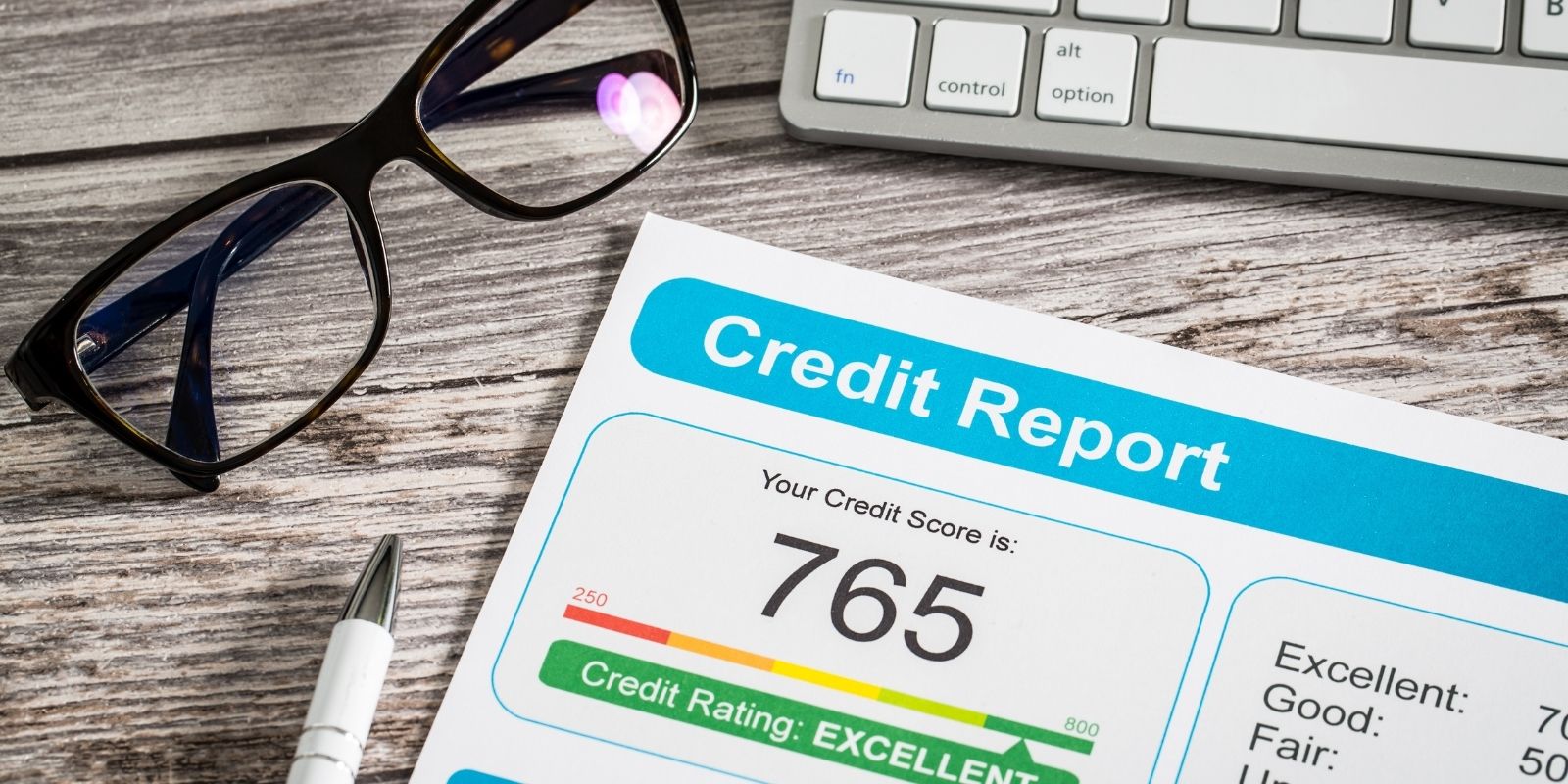
6. Helps Build Your Credit
Because most people use a mortgage to buy a home, homeownership can be a boost to your credit.
A long track record of regular, on-time monthly payments on a loan is one of the best things you can do for your credit score.
Most landlords don’t record your payment history to the credit bureaus (unless your wages have been garnished or you’ve gone to court for eviction).
So while your landlord will appreciate your timely payments, unfortunately, your credit score won’t reflect this.
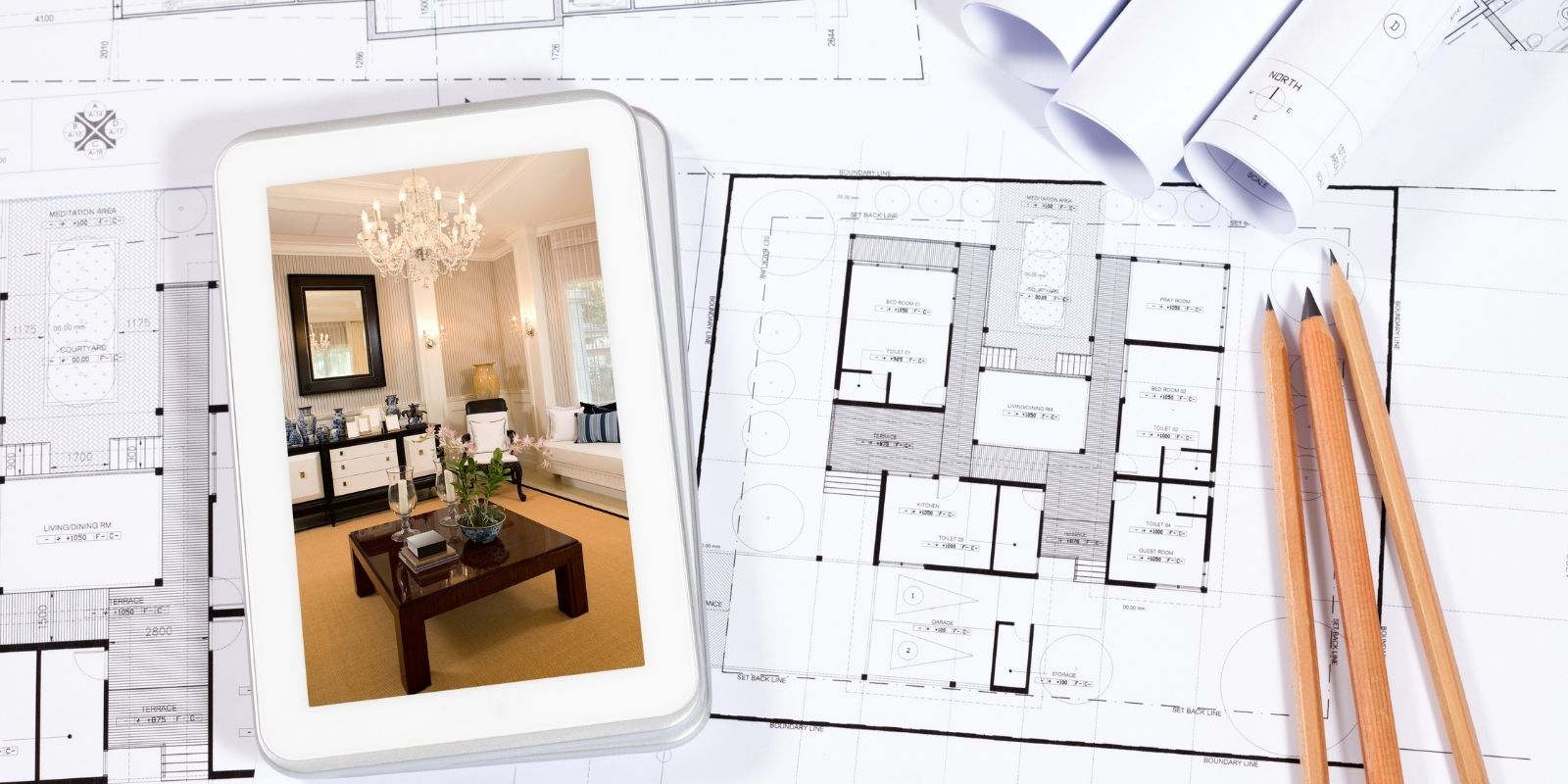
7. Freedom to Make Changes & Personalize
When it’s your home, it’s your rules.
Want to paint the kitchen purple?
Or knock out a wall?
Or put metallic tiles on the ceiling?
You do you.
You can make your home express your creativity and personality because there’s no one to tell you no.
When you’re renting, you have to get permission to make even minor changes to the property, which can feel a little stifling.
There’s little ability to personalize your own space in a rental.
Even if you didn’t buy a fixer-upper, owning a home enables you to update, renovate and customize your home, which has the added benefit of increasing your home’s value.

8. Cheaper Than Renting Over Time
A mortgage loan and the accompanying down payment can send you into sticker shock pretty quickly.
Even modest homes will cost you thousands of dollars upfront to get into.
However, it usually only takes a few years to make buying a home the more financially savvy choice — especially when you consider the long-term advantages of building equity and owning an appreciating asset.
Despite the recent rise in home prices, buying is often cheaper than renting.
As an example, say Joe wants to rent a three-bedroom apartment in Ft. Worth.
He’d probably pay around $1,720 per month in rent.
The same amount each month would make the payment on a mortgage for a $350,000 house!
To keep things truly equal, Joe would have to stay under this amount to allot for things like repairs and taxes.
But even allowing for these extra expenses, Joe could likely get a much nicer place for the same amount of money, or a much cheaper place by buying a home of a similar caliber as one he would rent.
Whether to rent or buy is extremely market-specific, so check out this calculator to help you figure out if renting or buying is more economical in your area and for your timeline.

9. More Freedom and Control
Buying a home will give you a lot more control over what to do with it than renting will.
If you’ve ever thought of:
- Renting out a room in your home.
- Starting a country-western band in our garage.
- Running a candle-making business out of your basement.
You’ll have a much easier time of things if you don’t have a landlord weighing in on your decisions.
Oftentimes, rental agreements specifically prohibit activities such as subletting (leasing to other tenants) or running a business out of your home without written approval.
Moreover, buying also gives you more control over your location.
With Fort Worth’s population exploding in recent years, new developments are popping up everywhere.
Instead of buying an older home, you should consider the pros and cons of new construction homes.
There may not be any available homes or apartments for rent near your work or in a desirable school district, so choosing to rent may count you out of some neighborhoods.
Buying gives you much more flexibility over where your home is located and what you can do in it.

10. Enjoy More Privacy
When you own a home, you’ll enjoy a good deal more privacy than you will as a renter.
Most apartments and duplexes force you to share a wall, ceiling, or floor with neighbors who may have different ideas of appropriate nighttime noise levels than you do.
You may also have to share common spaces like a front yard or driveway, which can make parking and seating a bit awkward at family BBQs.
If you value privacy and control over your living space, buying a home is likely the preferable choice.
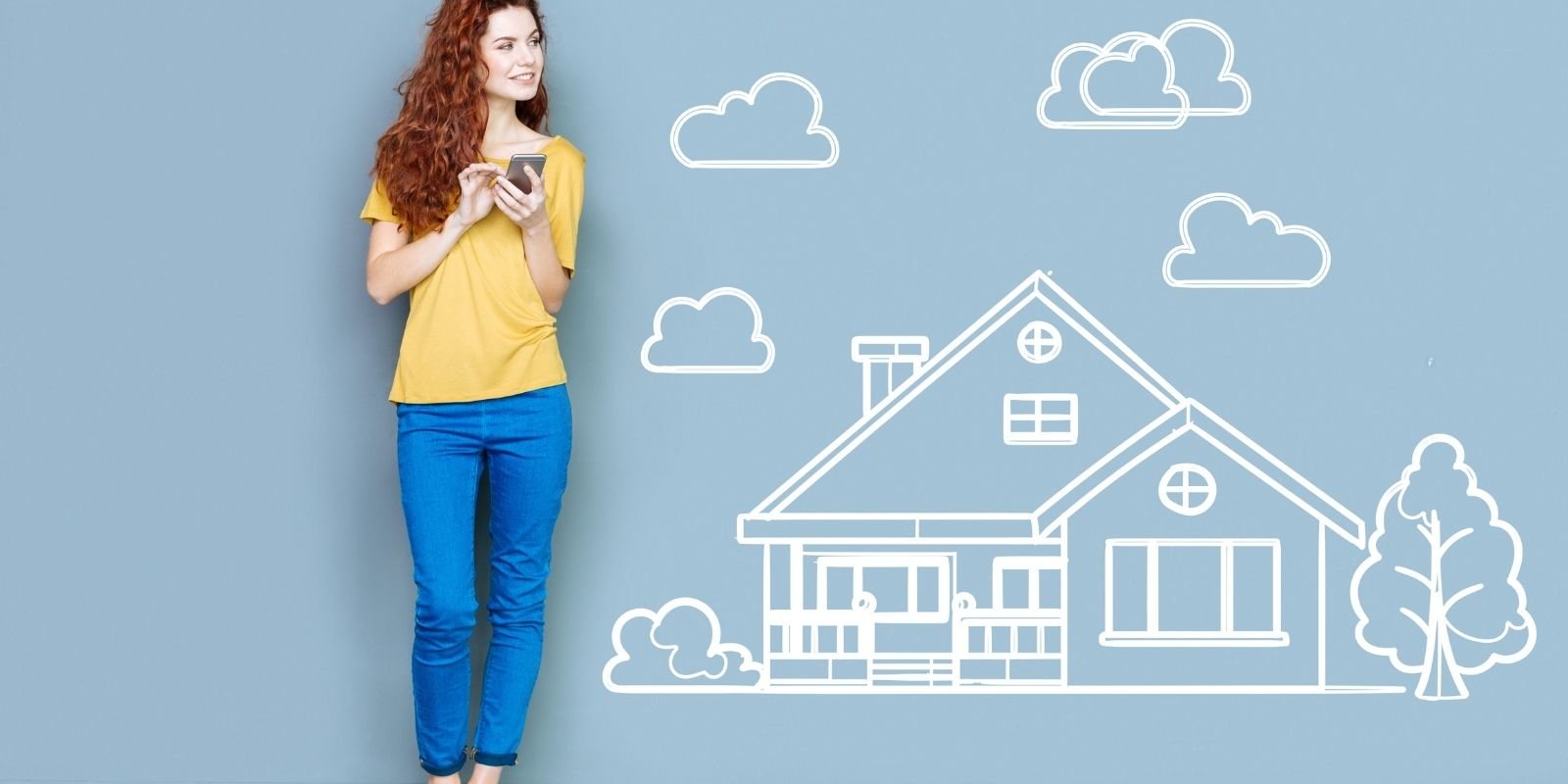
Wrapping up the Top 10 Benefits of Homeownership
Homeownership doesn’t make sense for everyone.
If your job requires you to move every few years or you’re still working on building your credit, renting is probably your best option.
But for a large percentage of people, homeownership is the most advantageous choice in the long run.
It offers maximum freedom and the opportunity to build equity in an appreciating asset, which turns a portion of your housing costs into an investment in your future.
If you’re ready to make the leap into homeownership, you’ll need to find a realtor with your best interests at heart to help you through the buying process.
If you’re in the market for a trusted, reliable real estate agent, come to the experts at the oldest real estate agency in Fort Worth, TX: Helen Painter Group Realtors.
Helen Painter’s agents have been representing buyers and sellers in Fort Worth since 1958.
Call (817) 923-7321 today for your free consultation!

